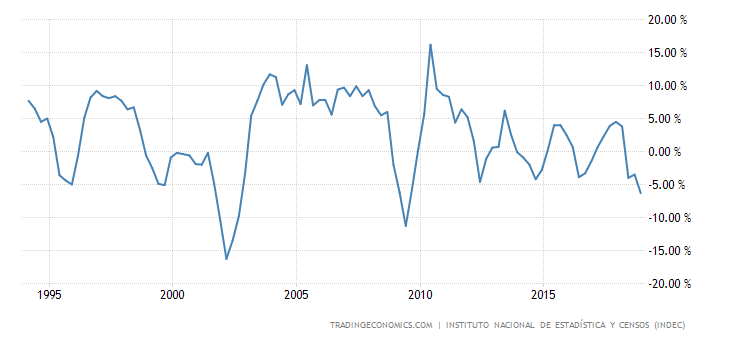There is more ABSOLUTE demand, but the RELATIVE demand drive the price and the market.In China there are more demands for new homes than any where else in the world. This shows that you know little about the housing demand.
Example ( video game based, I hope that will fit everyone level : P )
Final Fantasy VII one of the highest sold game on PS1, with 11 million unit, and the price of it is 14-17 pounds, with high demand.
FIFA whatever sold as much as FFVII , but the price of it is down to 1-2 pounds range.
The Psychonauts sold 100000 , price in the FFVII range, the BMX XXX sold 100000 , price in the 4-5 pounds range.
The equation is simple : the supply vs demand setting the price and the ((price * price deviation from ideal due to regulation/transaction cost)* demand/supply ratio * absolute volume)= transaction volume.
It is possible to alter the market by restricting the supply, or by setting a price level.
Like you can target a low volume, low price game/DVD on the ebay, and with low cost you can make interesting experiments about the market.
Like starting to buy every game ,and selling them on a fixed price.
It will decrease the demand ( you will start to accumulate copies of that game) but the game price will start to increase.
Or all seller (if there is a few) can get the idea about the price of the good, and not willing to sell it for lower price, and collapse the demand of it.
Once I targeted the RE4 GC version for one week, bidding/buying every single copies with a target price , and it drive up the price quite nicely : P
Of course it was a zero or knife edge profit transaction, but ---- it was an experiment to see how the textbook works in reality.
THE MARKET SIZE DOESN'T MATTER that define the liquidity of the market, but with housing it has muffled effect, due to the location dependence of houses.
What happens in Chin is a restriction of price ,that causing the supply to accumulate in the system. OF course at same point the stock/money will run out, and then it will be visible who swim without pants : )
Huh? So, if there is no demand for vacuum tubes then I have to make lot of them?No demand demonstrated the need for new future housings. Again you kept proving to the world your lack of understanding.
Again, ABSOLUTE and RELATIVE.Yes but not in China. China is bigger and far more populated than your country. Therefore they have a greater need. Your desperation trying to prove that China is not as strong as some of you ignorant wish are showing.
Like humidity : )
Example?The west spent centuries copying the Chinese inventions and still came out behind China today.

